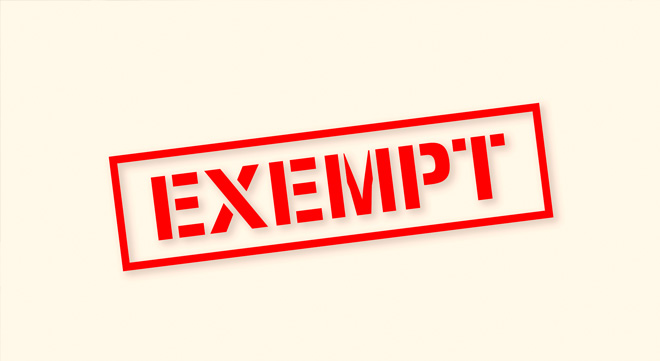So-called legacy retirement annuity (RA) funds will have to meet a long list of conditions to qualify for an exemption from the two-pot retirement system.
Members of legacy RAs are one of only two classes of contributing fund members who will not be affected by the two-pot system.
The only members who are automatically excluded from the two-pot system are members of provident or provident preservation funds who were 55 years or older on 1 March 2021 and have remained a member of the same fund.
Amendments to the Income Tax Act via the Revenue Laws Amendment Act, 2024 enable the FSCA to determine the conditions under which a legacy RA policy or fund will not be subject to the two-pot system.
Section 1 of the Income Tax Act defines a legacy RA as “any policy held by a RA fund entered before 1 September 2024 with a pre-universal life or universal life construct, subject to such conditions that the FSCA may determine”.
These policies allowed individuals to buy an assured lump sum on death and to share in investment returns at portfolio level via, for example, reversionary bonuses on their savings, without a defined fund value.
The FSCA last week published, for comment, a draft of the conditions that legacy RAs must meet for them to be exempted from having to establish savings and retirement components, in terms of the two-pot system.
The draft determination indicates that a fund must meet all the conditions to be eligible for an exemption.
The first condition is that the RA fund must have entered the policy before 1 September 2024 and be closed to new members in respect of legacy RAs.
Second, the policy must have been established in the form of a binding contract, no part of which can be changed by the fund, the insurer, or the member without the agreement of the other parties.
Third, the benefit offered by the fund and insured through the RA policy must constitute:
- a sum insured at either death or retirement, increased with bonuses declared on a regular basis through the lifetime of the policy, with no cash benefit available on early withdrawal; or
- a benefit on death relating to the accumulation of contributions towards retirement, subject to a minimum of a sum insured (to be chosen by the member between a minimum and maximum value), structured in such a way that the premiums for the sum at risk (sum assured less accumulation of retirement contributions) are deducted from regular contributions, as well as from the previously accumulated contributions to retirement over time, depending on the experience of the policy with regard to contributions and investment returns, without the need to remove or reprice the risk over time.
In addition, the RA fund must:
- Be able to evidence that the application of the two-pot system will result in a significant negative impact on the fair value of certain members’ retirement benefits in the fund through:
- potentially attracting early termination charges, or
- policy guarantees being compromised, or
- any risk cover that may form part of the policies being compromised.
- Be able to evidence that all members are afforded the option to transfer to a different product in the same RA fund that is subject to the two-pot system or to a different RA fund.
- Ensure that elements of the two-pot system do not apply only to a limited group of members of the fund (in other words, all members with a particular RA policy will be subject to the two-pot system).
- Ensure that the fund’s rules have been amended to provide that the relevant elements of the two-pot system will not apply.
- Develop a comprehensive communication strategy with documentation clearly explaining to all affected members why the fund is acting in their best interest in relying on the conditions to be excluded from the two-pot system, the impact this has on the members, and the fund’s rationale for excluding them from the system.
- Have a certificate from the insurer’s head of actuarial function showing that the policies classed as legacy RA policies and exempted from the two-pot system meet the conditions. The fund must also be able to produce evidence that its board has certified that the policies comply with the conditions.
Stakeholders have until Friday, 16 August to submit comments on the proposed conditions. Commentators may use the consultation template. Submissions must be emailed to FSCA.RFDstandards@fsca.co.za



